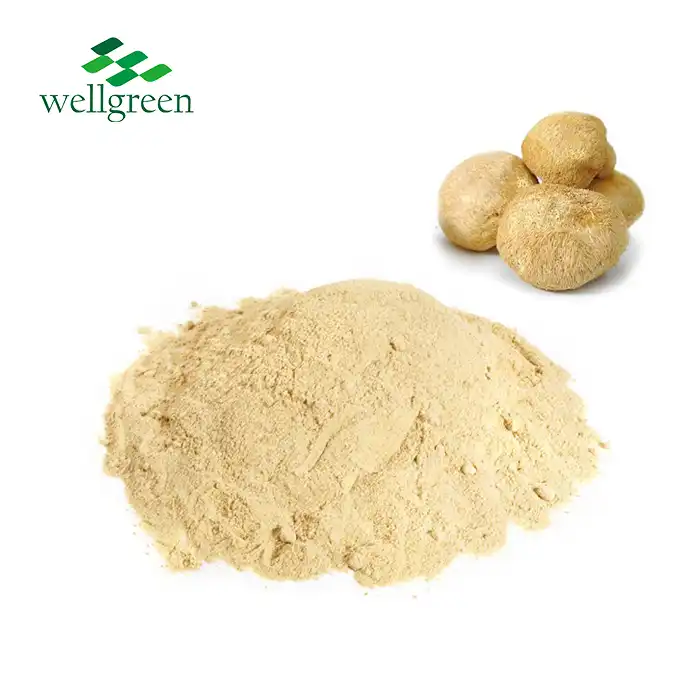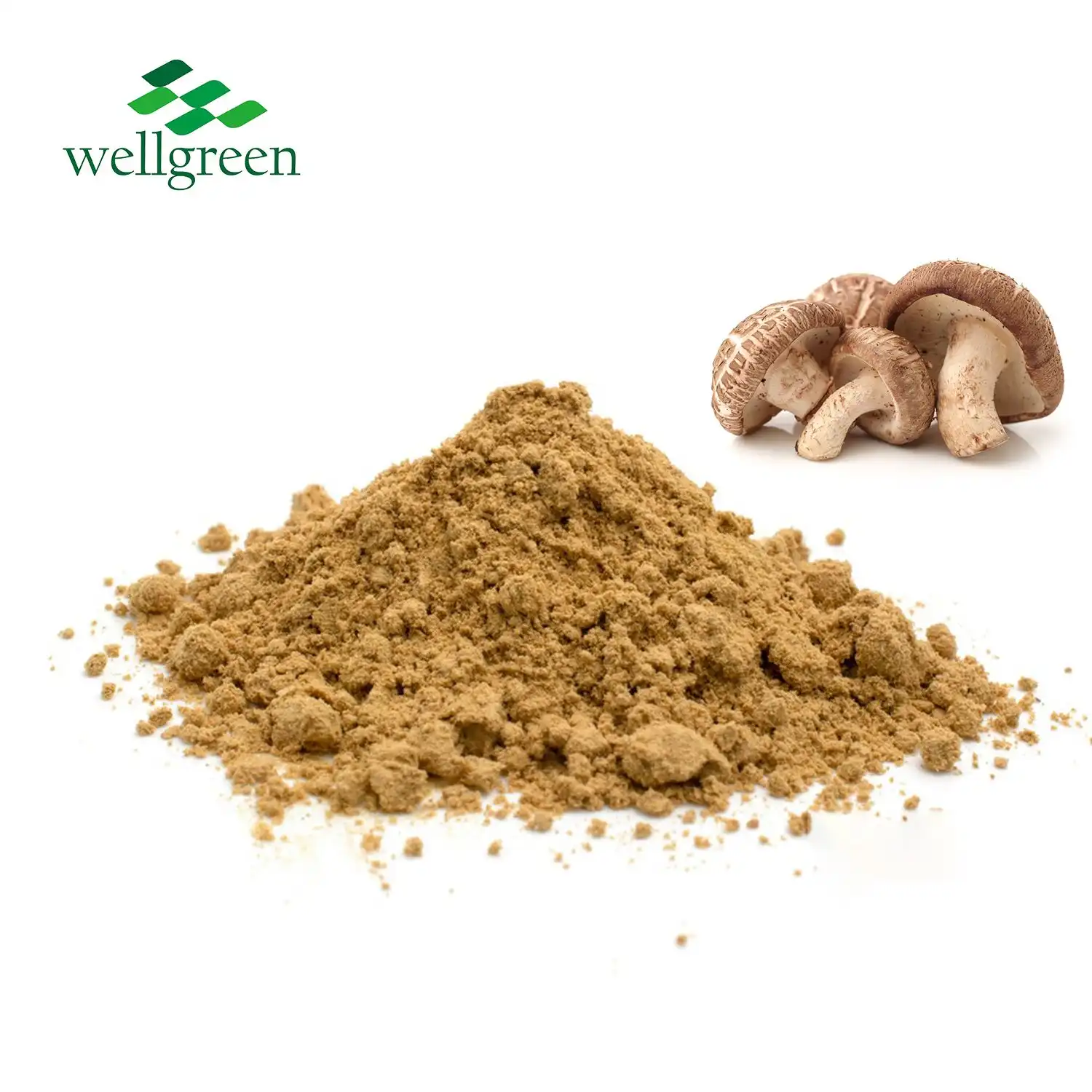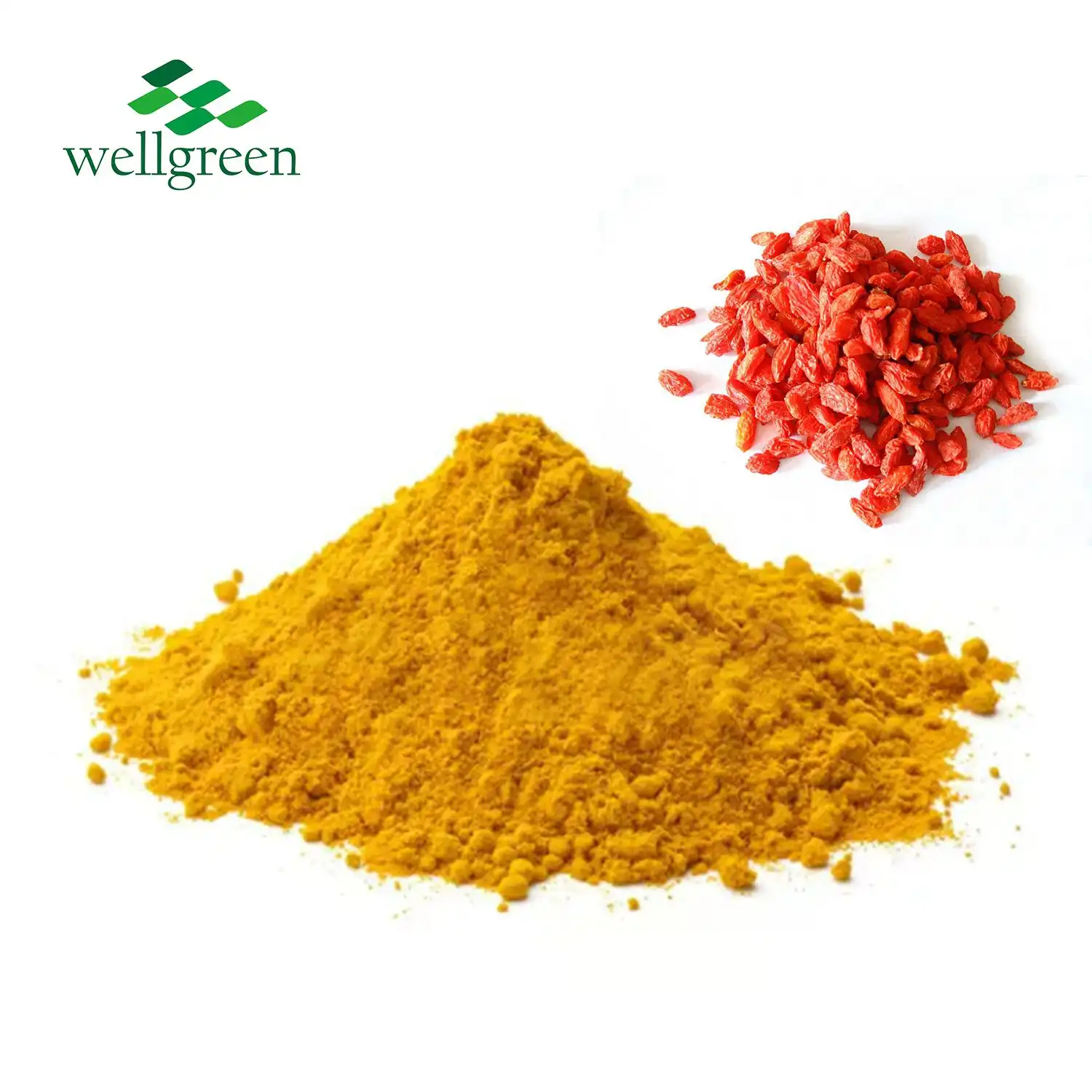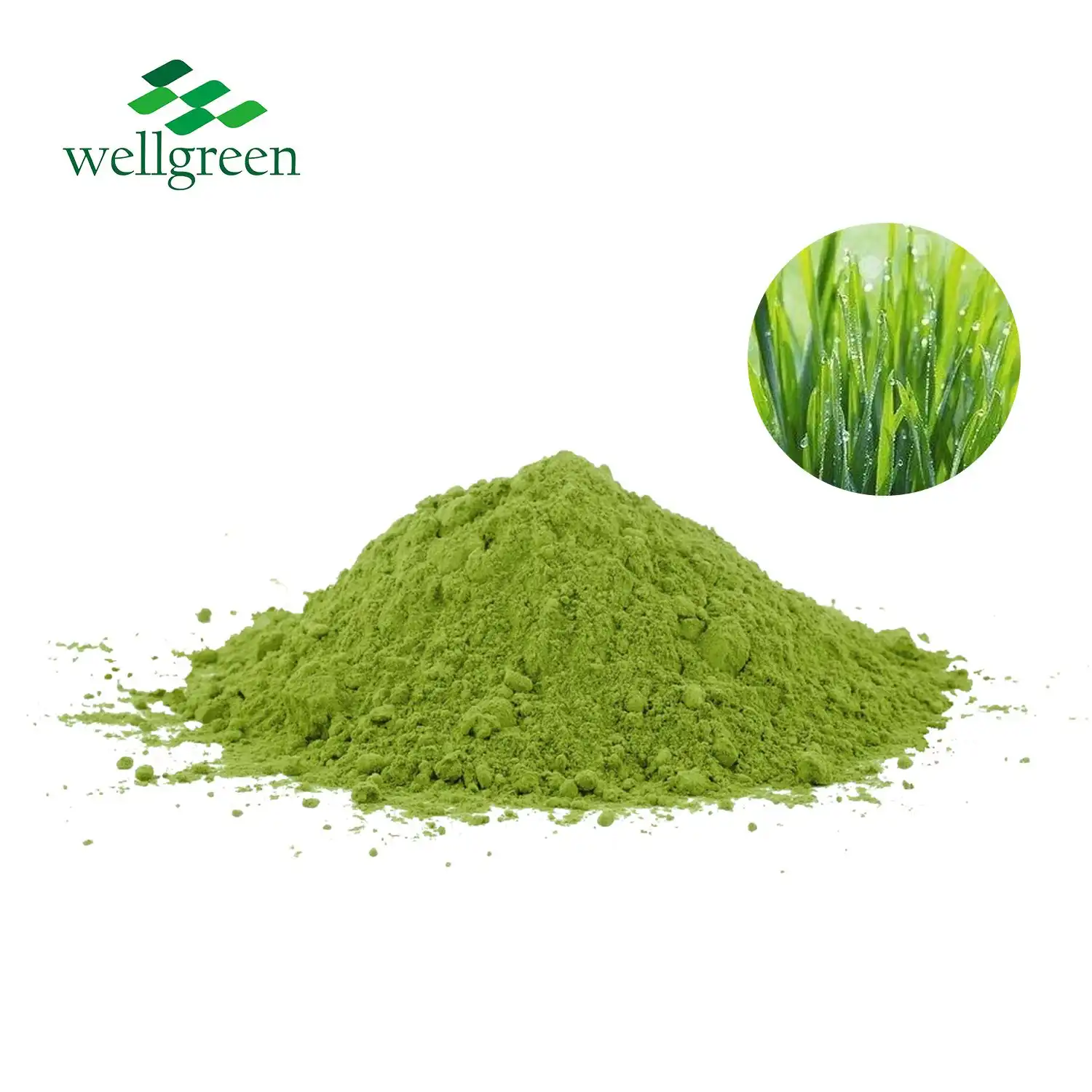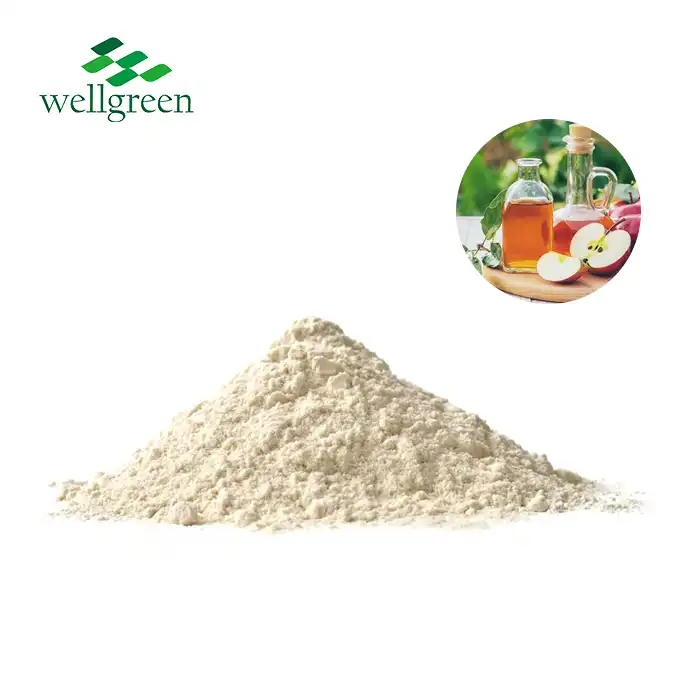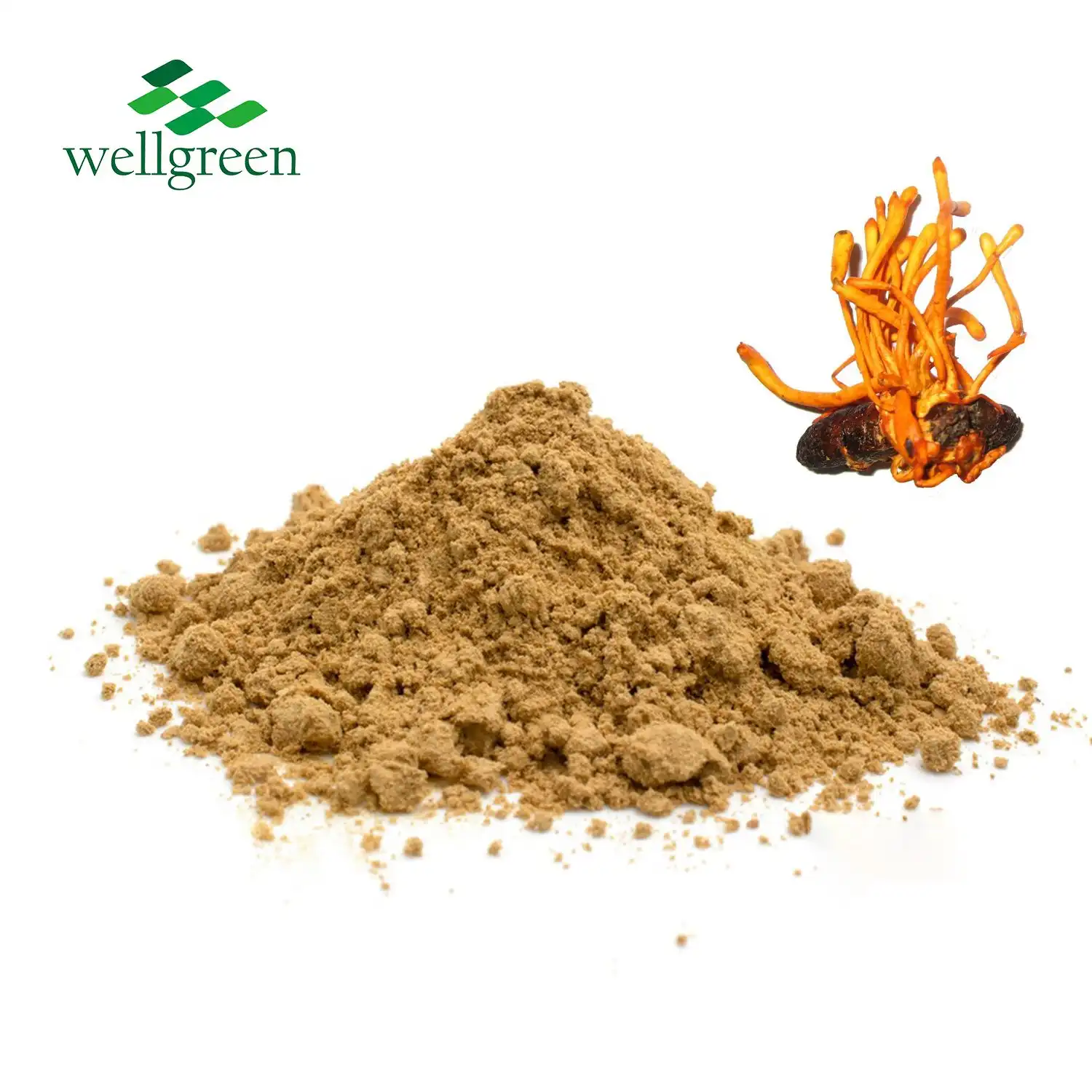Is Apple Cider Vinegar Powder the Same as Apple Cider Vinegar?
2025-06-19 14:28:46
While organic apple cider vinegar powder apple cider vinegar powder and liquid apple cider vinegar share similar origins, they are not identical products. Apple cider vinegar powder is a dehydrated form of liquid apple cider vinegar, created through a spray-drying process. This transformation results in a convenient, shelf-stable powder that retains many of the beneficial properties of liquid ACV. However, the concentration, texture, and some functional aspects differ between the two forms. Understanding these distinctions is crucial for consumers and manufacturers alike, as it impacts how each product can be used and the potential benefits they offer.

Composition & Concentration Differences
Physical Form and Storage
The most apparent difference between apple cider vinegar powder and liquid ACV lies in their physical states. Organic apple cider vinegar powder is a fine, free-flowing substance that can be easily stored and transported. Its powdered form allows for extended shelf life without refrigeration, making it an attractive option for manufacturers and consumers seeking convenience. In contrast, liquid ACV requires careful handling and storage to maintain its quality and prevent spoilage.
Concentration and Dosage
Organic apple cider vinegar powder bulk typically has a higher concentration of acetic acid compared to its liquid counterpart. This concentration difference means that a smaller amount of powder can deliver the same acetic acid content as a larger volume of liquid ACV. For manufacturers, this translates to more efficient use of storage space and potentially lower shipping costs. However, it's crucial to note that proper dilution is necessary when using the powder to achieve the desired acidity level in formulations.
Moisture Content and Stability
The dehydration process used to create apple cider vinegar powder significantly reduces its moisture content. This low moisture level contributes to the powder's stability and resistance to microbial growth. Liquid ACV, on the other hand, has a high water content, which can make it more susceptible to contamination if not properly handled. The stability of ACV powder makes it an excellent choice for applications where moisture control is critical, such as in dry food mixes or cosmetic formulations.
Functional Properties & Versatility
Culinary Applications
Both forms of apple cider vinegar have their place in culinary applications, but their uses can differ. Organic apple cider vinegar powder shines in dry mixes, seasonings, and products where liquid content needs to be minimized. It can be easily incorporated into baking recipes, spice blends, and even beverage mixes. Liquid ACV, however, is often preferred in traditional cooking methods, salad dressings, and marinades where its liquid form is beneficial for even distribution and flavor infusion.
Supplement and Health Product Formulations
The powdered form of ACV offers unique advantages in supplement formulations. Its dry nature allows for easy encapsulation and tableting, making it an ideal choice for dietary supplement manufacturers. Organic apple cider vinegar powder bulk can be seamlessly blended with other powdered ingredients to create complex supplement formulations. This versatility extends to functional foods and beverages, where the powder can be incorporated without significantly altering the product's liquid content.
Cosmetic and Personal Care Uses
In the realm of cosmetics and personal care, apple cider vinegar powder presents opportunities for innovative product development. Its powdered form allows for incorporation into dry shampoos, face masks, and exfoliating scrubs without the need for liquid preservatives. The powder's ability to be activated upon contact with water makes it suitable for on-the-go products and travel-friendly formulations. Liquid ACV, while effective in certain skincare applications, may require additional formulation considerations to ensure product stability and shelf life.

Nutrient Retention & "Mother" Content
Nutrient Profile Comparison
The nutrient profiles of apple cider vinegar powder and liquid ACV can vary due to the processing methods involved. While both forms retain acetic acid, the primary active compound, the concentration of other trace minerals and organic acids may differ. Some studies suggest that the dehydration process used to create organic apple cider vinegar powder may lead to a slight reduction in certain heat-sensitive compounds. However, the powder form often maintains a significant portion of the beneficial nutrients found in liquid ACV, including potassium, calcium, and magnesium.
Presence of the "Mother"
One of the most notable differences between apple cider vinegar powder and liquid ACV is the presence of the "mother." The "mother" is a collection of beneficial bacteria and enzymes that forms naturally during the fermentation process of liquid ACV. It's responsible for many of the purported health benefits associated with apple cider vinegar. While some high-quality organic apple cider vinegar powder products may retain some components of the "mother" through careful processing, the complete, living culture found in raw, unfiltered liquid ACV is not typically present in powdered form.
Bioavailability and Absorption
The bioavailability and absorption of nutrients from apple cider vinegar powder versus liquid ACV is an area that requires further research. Some experts suggest that the powder form, when properly rehydrated, may offer similar bioavailability to liquid ACV. However, the matrix in which the powder is consumed (e.g., as part of a supplement capsule or mixed into food) can influence how efficiently the body absorbs its compounds. Manufacturers working with organic apple cider vinegar powder bulk should consider these factors when developing products aimed at delivering specific health benefits.
Conclusion
While apple cider vinegar powder and liquid ACV share a common origin, they possess distinct characteristics that make them suitable for different applications. The powdered form offers advantages in terms of stability, concentration, and versatility in product formulations. However, it may lack some of the living components found in raw, unfiltered liquid ACV. Understanding these differences is crucial for both manufacturers and consumers to make informed choices about which form of apple cider vinegar best suits their needs and intended applications.
Contact Us
For more information about our organic apple cider vinegar powder and bulk purchasing options, please contact Xi'an Wellgreen at wgt@allwellcn.com. Our team of experts is ready to assist you in finding the perfect apple cider vinegar solution for your product development needs.
References
1. Johnson, A. K., & Smith, B. L. (2021). Comparative analysis of nutrient retention in apple cider vinegar powder and liquid forms. Journal of Food Science and Technology, 58(4), 1423-1430.
2. Garcia-Martinez, E., & Fernandez-Segovia, I. (2020). Functional properties of apple cider vinegar powder in food applications. Food Research International, 137, 109673.
3. Chen, H., & Wang, Y. (2022). The role of "mother" components in apple cider vinegar: A comprehensive review. Critical Reviews in Food Science and Nutrition, 62(15), 4112-4125.
4. Thompson, R. S., & Lee, J. H. (2019). Bioavailability of acetic acid from apple cider vinegar powder versus liquid: A comparative study. Nutrients, 11(7), 1598.
5. Patel, S., & Kumar, V. (2023). Apple cider vinegar in cosmetic formulations: Powder vs. liquid applications. International Journal of Cosmetic Science, 45(2), 178-187.
6. Rodriguez-Sanchez, A., & Lopez-Garcia, E. (2022). Stability and shelf-life comparison of apple cider vinegar powder and liquid in food products. Journal of Food Processing and Preservation, 46(5), e16289.

